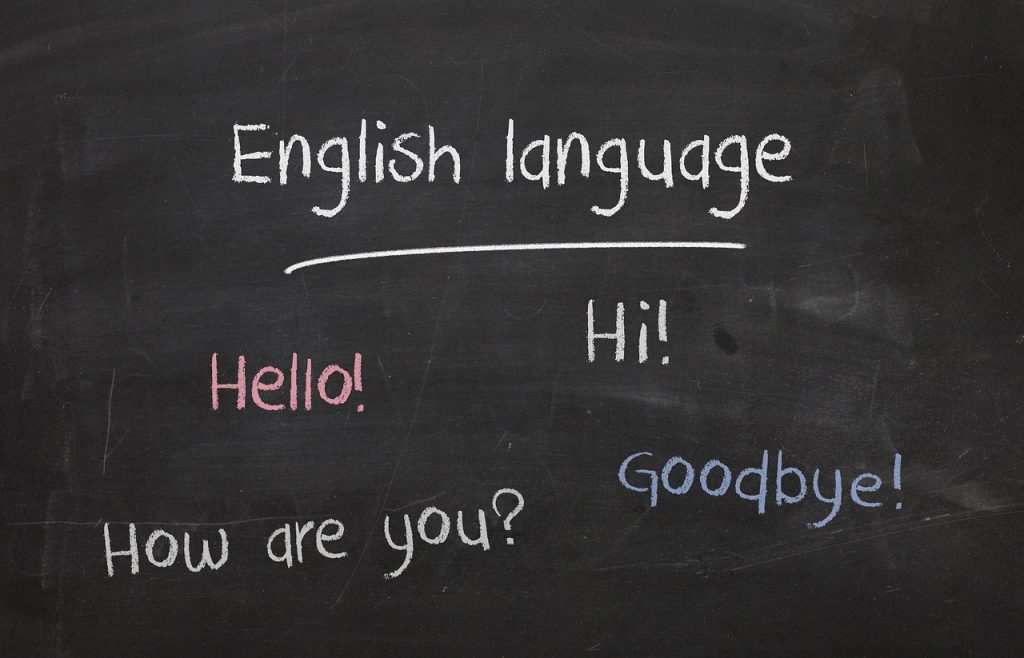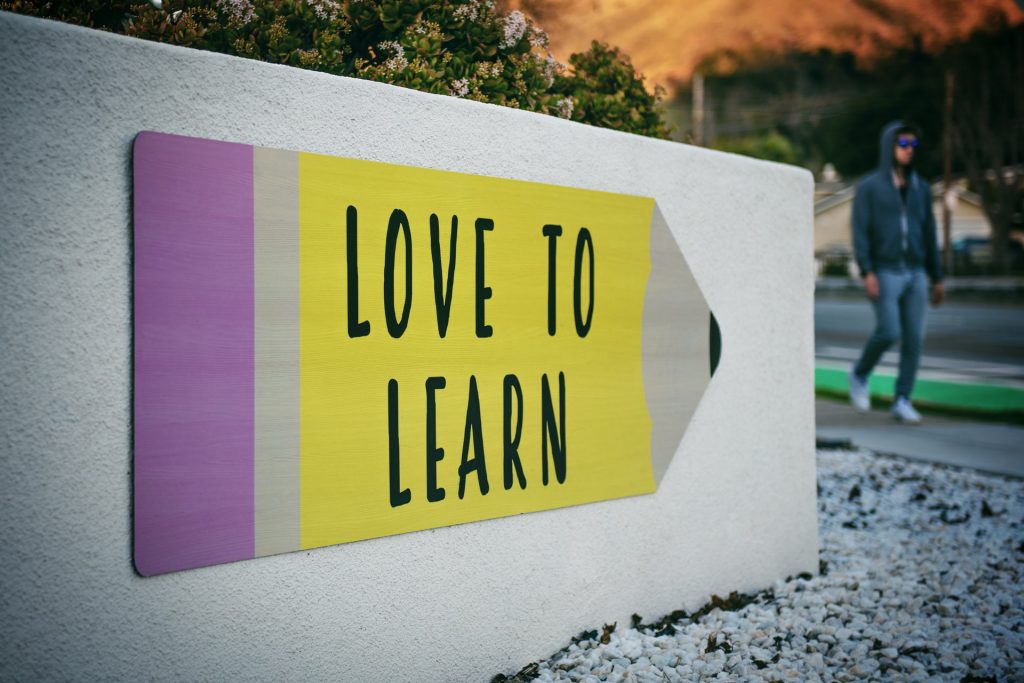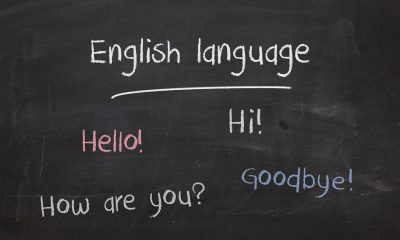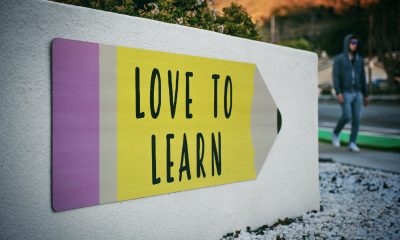Students' Column
Experiencing Success After You Graduate
The university and college experience can be so long and complex that you get completely caught up in it. It’s fully immersive. So, when you graduate, you can easily feel completely disoriented and lost. Very few people walk straight out of their graduation and immediately into their first job. Instead, you’re going to have to find your feet and put a whole lot of effort into your own success. The steps you’ll need to take will vary depending on where you want to go and what you want to do. But the following pieces of advice can help you to get started out on the right track, regardless of what you want to do. Hopefully, they’ll come in useful for you!

Research Success Stories in Your Chosen Field
Whatever field you’re interested in entering, chances are, there are some pretty big success stories. Take a look at people who inspire you within your area of specialism. Who are they? How did they get to where they are now? What did they do after they graduated? This can help to inspire you and to give you some key tips that could really help you to follow in their footsteps. Remember that you are standing on the shoulders of giants. You can learn from the greats that came before you to further excel in the role or industry you’re determined to experience success in. If you’re interested in starting a business, take a look at Phillip Kingstons journey at phillipkingston.com. If you’re interested in politics, read the biographies of great political leaders. If you’re interested in art, read the life stories and approaches of some of the greats. There’s all sorts of guidance and inspiration out there.
Use Your College’s Resources
Just because you’ve graduated doesn’t mean you’re immediately cut off from all of the resources that have been available to you at your college or university. Make sure to use the resources available to you for as long as they’re available to you. Many colleges offer training and classes on job hunting. This can include finding positions that suit your skills and experience, CV writing skills, interview skills and much more. These resources may seem basic and common sense, but you can actually learn a whole lot more than you’d imagine from them. You never know what tiny piece of advice could make all the difference to your entire career path.
Be Persistent
When you start applying for jobs, you need to develop a tough skin. Few people land the first job they apply for. Even fewer will be offered every position they apply for. You need to be prepared for some level of rejection and you need to make sure that you are persistent when faced with disappointment. Keep going and you’ll eventually land the kind of position you have your sights set on.
Of course, different areas of specialism will require different steps in the process. But the above advice should help regardless of what you plan to do. Keep it in mind and you should do well!
Business
Learn English quickly and effectively with the Callan Method

In a world where all countries and cultures are interconnected, learning different languages has become mandatory. To do so effectively, you should try the well-known Callan Method, with which you’ll easily master English in less time than you imagine.
The learning of the English language has gained great importance in the job and academic world due to the globalization our society has experienced and the fluid communication constantly occurring between all countries. Due to these factors, and if you want to grow as a person, mastering English is crucial and something you must do to increase your opportunities in the current world. Therefore, it’s best to explore efficient methods to learn it, and one of them is undoubtedly the Callan method.
The Callan Method is totally different from conventional methods for learning English, and it has shown to be effective for those who decide to start their journey of learning this language.
What is the Callan Method, and how does it work?
Since ancient times, many language teaching methods have been developed with different approaches and types of progressions, of which one of the most effective is the Callan Method. Developed by Robin Callan in the 1960s, this method stands out for its intensive approach aimed at quickly and effectively imprinting the language into the student’s brain.
This is achieved because it is based on fundamentals such as repetition, constant real-time practice, and immediate correction of any error. With this method, students are constantly exposed to oral questions and answers in English, with repetitions of the same and, above all, error corrections.
Upon entering one of these classes, you will quickly notice the difference from a regular English class. The teacher will be speaking in English at a natural speed, and you won’t touch a pen or paper throughout the entire lesson, but rather respond to oral questions and participate in structured conversations.
Thus, the Callan method mainly emphasizes improving fluency in speaking and the auditory ability to understand the language, skills that will be tested in real-life situations. Repeating this a sufficient number of times results in a student with fluency and confidence in the language, ready to face the world in English and engage in advanced conversations with native speakers of this language.
Benefits of the Callan Method
This method, unlike many others, offers a variety of advantages for students that make it stand out from the crowd and position it as one of the best, as studies have confirmed that with this method it is possible to learn English up to 4 times faster than with any other.
One of these advantages is the fact that when you start studying with this method, you don’t learn grammar but rather dive straight into the world of English. This might sound counterproductive, but it’s quite the opposite, as it allows you to start familiarizing yourself with the sounds and vocabulary, even as a beginner.
Furthermore, being based on a primarily oral learning system, you will improve your fluency in speaking and your listening skills will progress effectively and rapidly. These two skills are the ones you will use the most in real life, so the Callan Method is perfect if you want to go to an English-speaking country.
Beyond the typical generic conversations you would learn in any class, the Callan Method offers structured conversations that encourage you to use new words and phrases in each one, emphasizing learning with each session to make the most of your time.
By receiving corrections from the teacher immediately after making a mistake, not only do you have the chance to correct it, but little by little you gain the confidence necessary to speak and master the language as if it was your mother tongue. So if you are looking to learn English easily, or to further improve your English skills, the Callan Method is definitely worth diving into.
Students' Column
How Students Are Learning To Focus Better

Being a student can be tough for a lot of people, and it is certainly something which can often prove to be difficult to do right. One of the main issues that are always going to be happening for students everywhere is that it can be hard for a lot of students to focus on their work for that long. However, this is vital if someone is going to be able to put their all into their work and get the results they are looking for. Here are some of the ways that students are now learning to focus a little better on their studies.
Putting The Phone Down
In many respects, the smartphone is the enemy of concentration – and a lot of students these days are starting to realize it. The simple act of putting the phone down for a while can dratically help anyone to concentrate better and focus on what they need to, so that is something that students are doing more effectively now. It can also help to turn it off or even put it somewhere far away while studying, such as in the other room. This is a great and very important way to focus better right now for students everywhere.
Using Supplements
There are many supplements out there in the marketplace now that are designed to help with concentration and focus. Of course, it can often prove difficult to know which of these are actually worth taking and work well, and which might not be quite so worthwhile. One good example of a supplement that does seem to work well for improving focus is CBD oils such as those at CBDistillery. These can often seem to be highly effective, and they are definitely something that students can consider in order to try and focus a little better each day.
Getting More Sleep
Sleep is a vital factor in how well a person can concentrate. Someone who is not getting enough sleep is going to find that this can drastically affect their ability to focus, so this is another area that many students are starting to look into more and more. In order to get more sleep, however, they might need to make many changes, and it’s something that for some students can simply escape them for quite a long time. However, it is worth pursuing for anyone who wants to be able to focus better on their work.
Setting Up A Distraction-Free Space
Distractions can be all too easy to come across, and this is one of the major ways in which someone is going to often struggle to concentrate properly on their studies. However, the simple solution to this problem is to set up a distraction-free space, which is what a lot of students are now doing, and this does seem to be incredibly effective for a lot of people. So that too is another really important thing that students can attempt in order to concentrate more, and it’s looking like more people are doing this.
Students' Column
8 Tips On How To Be The Best Teacher

Being a teacher in a day and age when teachers are constantly being attacked for their inability to educate students can be quite a daunting prospect. Even when teachers try hard, they may encounter parents who complain about what they’re teaching or how they’re teaching it. In any case, it’s always best to learn from those who have been in the trenches before you.
Here Are 8 Tips On How To Be The Best Teacher
1. Get To Know Your Students
One of the best ways that you can improve your teaching is by knowing who your students are and what they want. However, this takes time; it’s something you build through the school year. So begin by getting to know their names as soon as possible – then start learning other things about them: interests, background, ambitions, etc.
This will help you plan lessons that meet their individual needs and wants, resulting in a more enjoyable experience for both you and them. A good rule of thumb is to ensure you take part in a cpr certification course online, as you never know when it might come in handy.
2. Find Out How Each Student Learns
No two people learn in exactly the same way. Therefore, you should find out how each of your students learns to understand how they absorb information from your lessons.
For example, some people prefer listening while others prefer reading, some learn best from demonstrations, and others need to see a diagram or image. This will help you plan your lessons so that everyone has a chance to learn.
3. Encourage Your Students To Ask Questions
Students often fail to ask questions after a class because they don’t want to ‘look stupid’ or embarrass themselves in front of the rest of the class. Try to encourage your students to ask questions by emphasizing that there’s no such thing as a silly question – the only stupid question is the one that wasn’t asked!
4. Encourage Group Work Between Your Students
Group work can be an excellent way of helping your students learn. Not only does it help those who find it hard to participate in class, but it also helps those who are more confident as they have to explain themselves and defend their reasoning. With a bit of guidance from you, many classes will soon grow closer as friends and work better together as teammates.
5. Give Regular Feedback On Performance
Giving regular feedback on performance during lessons will help show you what areas each student needs extra tuition in. It will also allow you to give quick guidance on how they can improve their performance next time – saving valuable lesson time.
6. Encourage Your Students To Help Each Other
Utilize peer-learning by encouraging your students to help one another – this not only helps them prepare for the real world but also saves you time when planning lessons. For example, if you need students to research various facts and figures, why not set up groups of two or three? They can then share ideas and resources to complete the work in less time.
7. Reward Good Performance
Everyone responds well to positive feedback, and with careful planning, you can use this in your teaching style to encourage good performance from your students. For example, if someone is doing particularly well in class, why not surprise them with a special reward? It doesn’t need to cost money; examples could include letting them eat lunch first or giving them some extra playtime at break time.
8. Keep Your Class Active
One of the most important things about being a successful teacher is ensuring that your students are actively taking part in all aspects of each lesson. If you feel that some lessons have become too passive, try to inject more energy into your lessons by making them more interactive. This will keep students interested, and they’ll retain more of what you’re teaching.
-

 Business12 months ago
Business12 months agoHow To Future-Proof Your Business With The Right Tools
-

 Travel10 months ago
Travel10 months agoTravelling from San Antonio to Guadalajara
-

 Travel7 months ago
Travel7 months agoTravel wellness tips for a healthier and more enjoyable journey
-

 Europe5 months ago
Europe5 months agoRecent Books by Boaventura de Sousa Santos: Law, Colonialism, and the Future of Europe












